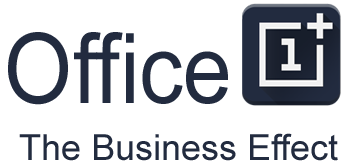
Is your business allowing employees to remain working remotely full-time throughout the tail end of the pandemic? Regardless of the amount, it’s likely that you do as remote work remains the safest option. Despite being the safest for the sake of each employees’ health, there are additional risks involved when it comes to remote employees that employers must be weary of. This post will detail a few of those risks and how to prepare for them.
Any benefit that comes as a result of transitioning employees to full-time remote work is met with a challenge. From a managerial perspective, there can be difficulty in keeping employees productive from their homes. The level of communication in-office compared to at home is certainly more limited, so this is understandable. This remote work can often create challenges for employees as well. For example, with consistent delays in communication, working collaboratively between departments can be much more difficult. There may also be employees who find they operate more effectively while in the office rather than at home, so remaining on task will be inherently more difficult for this employee whilst dialed in from home.
These challenges are also met with equal parts liability for employers. For example, employees aren’t ever expected to provide their own hardware to ensure they’re capable of working. It’s the responsibility of the employer to facilitate employees to work from home. This leaves any hardware left to employees vulnerable as they’re away from the office. Any scenario that results in the hardware being destroyed creates a unique problem for employers. Coffee spills can result in an employee missing a day of work, but what happens if work hardware is stolen? Regardless of the cost of the hardware, imagine the damages in potential data breaches. The right insurance is a must for any organization currently employing remote workers.
For instances like those above, first-party cyber liability insurance is the best choice for any organization. This insurance covers damages that come about as a result of data breaches. This includes stolen hardware or phishing. While insurance is great coverage, it’s more important for companies to educate employees on cybersecurity. This education, paired with an optimized VPN, firewall and antivirus software, employees should be able to remain safe.
While it’s true that there is more inherent risk as a result of remote employees, there are a number of positives that come from remote work considerations. Employees have reported more freedom and leisure time when working remotely. This contributes to a much more stable mental health of any company’s employees. Determining the right strategy to balance these risks and benefits can be challenging. For employers searching for additional information, consider reviewing the accompanying resource courtesy of B2Z Insurance.
